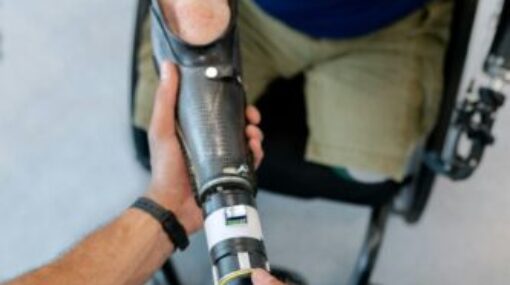In a world of technology, the idea of using a cheque book may seem outdated to some despite still being a valid form of payment.
However it may not be widely known that if a person who has written a cheque passes away before it is cashed, the intended recipient will no longer be entitled to receive that money. We have found this to be the case for some clients who have received cheques from elderly relatives, often referred to as a ‘deathbed gift’ or ‘donatiomortis causa’.
A gift in the form of a cheque to a “donee” only takes effect once it has been cashed and the funds have cleared by the bank. Until this has happened, the cheque is simply a revocable authority to the bank, not a “donatio mortis causa” or “deathbed gift”. This means it can be withdrawn or cancelled at any point and would be effected by the freezing of an account upon a person’s death.
What makes an effective deathbed gift?
The requirements for valid deathbed gifts were set out in the case of Keeling v Keeling [2017] EWHC 1189 Ch. A deathbed gift is a gift of property by the deceased during their lifetime, but conditional on death, in which the following requirements must be met:
- The gift must be in contemplation of death. Death does not have to be imminent, but must be in contemplation to occur in the near future from a particular cause;
- The gift must be conditional on death. If the donor dies shortly after making the gift whether from the contemplated illness, or any intervening reason, the donee is absolutely entitled to the subject matter of the gift; and
- The gift must be made by delivery; i.e., it must be handed over to the donee. If the gift is a car, handing over the car keys would be sufficient.
We recommend seeking legal advice in relation to your own situation. For more information on gifting your assets, please contact the trusts and estates team.





